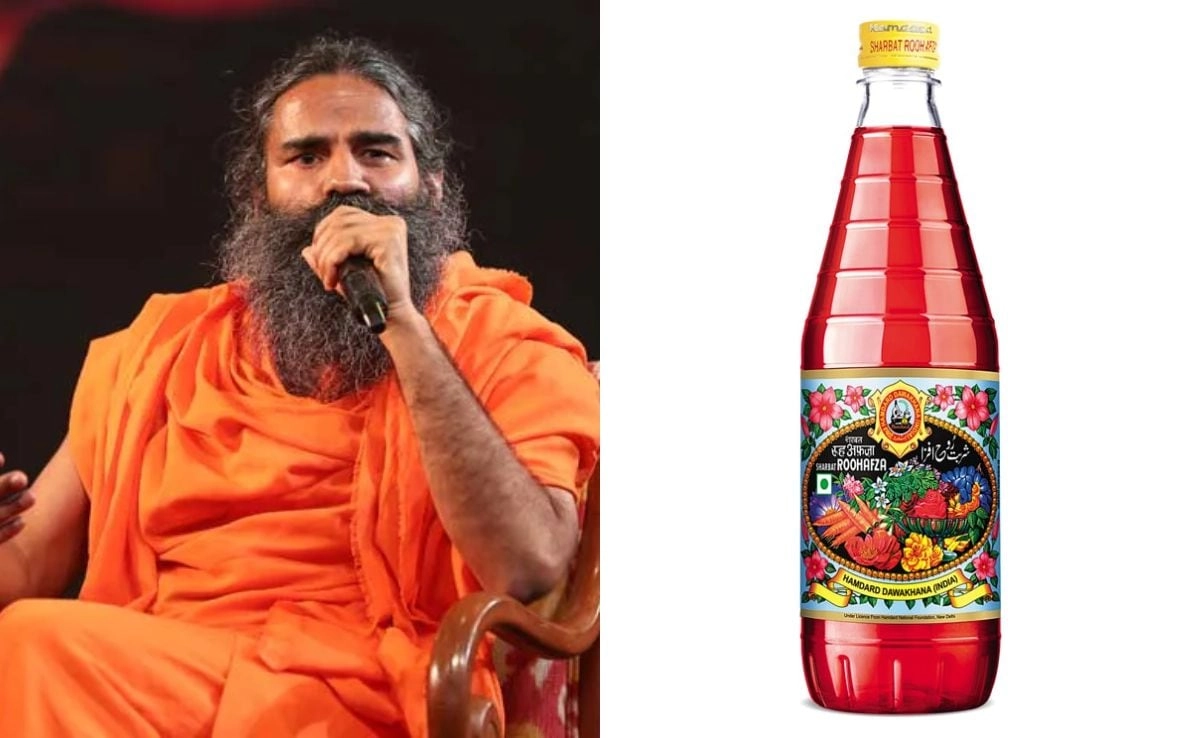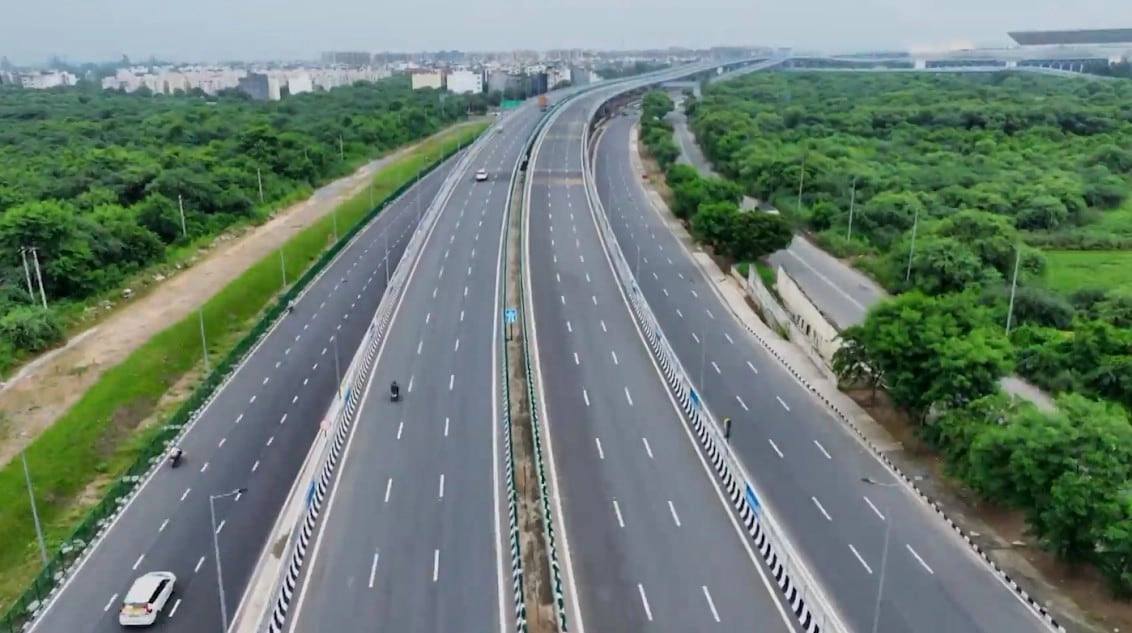Baba Ramdev, the renowned yoga guru and entrepreneur, has recently found himself embroiled in a legal controversy surrounding his comments on the financial contributions for building mosques. During a public event, Ramdev made a statement that suggested funds from a well-known beverage brand, Rooh Afza, were being utilized to finance the construction of mosques. This assertion has sparked outrage among various communities, leading to allegations of spreading misinformation and communal disharmony. The backlash has prompted legal action against him, raising questions about the responsibilities of public figures when making claims that could potentially incite division.
The controversy stems from Ramdev’s broader narrative that often intertwines spirituality with nationalism. His remarks have been interpreted by some as an attempt to polarize communities and exploit religious sentiments for personal or political gain. Critics argue that such statements can exacerbate existing tensions in a diverse society, where mutual respect and understanding are crucial for harmony. As a public figure with a significant following, Ramdev’s words carry weight, and his remarks about Rooh Afza have led to a deeper examination of how commercial entities and religious sentiments intersect in India.
Legal experts believe that Ramdev may face challenges in defending his statements, particularly if they are deemed to have the potential to incite violence or discrimination. The case highlights the pressing need for accountability among influencers and celebrities, especially in a country like India, where communal sensitivities are heightened. The situation also raises important discussions about the role of media and public discourse in shaping perceptions about different communities and their contributions to society. As the case unfolds, it will be interesting to see how Ramdev navigates this legal battle and the implications it may have for his public persona and business endeavors.




